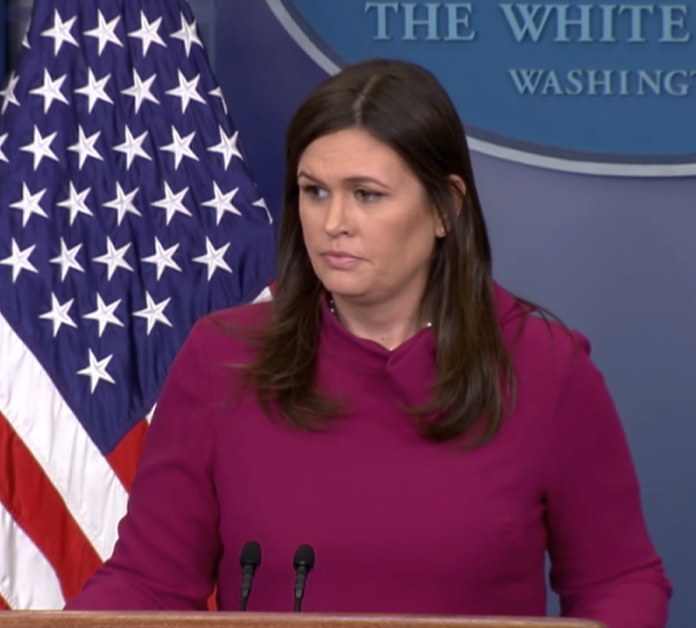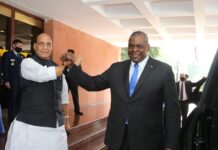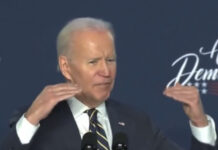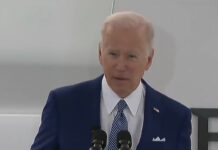According to Donald Trump’s intelligence chiefs, Russia meddled in the 2016 presidential elections and is likely to make another attempt in the November 2018 midterm elections. Revelations from Senior Counsel Robert Mueller’s investigations and indictment of 13 Russians and 3 Russian companies brings to reality the scope and dangers of Russian meddling. With congressional primaries coming in two weeks it may be that the US has done little to combat Russian meddling.
Robert Mueller’s revelations have alarmed different political fronts in the US like Congress, the White House, the States as well as social media platforms who have been forced to come up with mechanisms that may avert imminent Russian meddling attempts.
Congressional Preparations against Meddling
Last fall congressional committees held hearings on social media’s obligation to be open to social media political ads. Legislation to push for openness from social media companies stalled as the Republicans were skeptical about overregulation of the platform. None of the congressional committees have proposed policies that may need changing to prevent meddling from happening in the future.
In part, it feels like Congress has not done enough to prevent meddling. Although the Senate Intelligence Committee stated that it wants to issue a report on security findings and legislative recommendations before the primaries begin in two weeks, it is unknown whether the committee will achieve their goal before Texas’ March 5 voting.
The White House Preparedness
The White House also comes out as less prepared. Even though it has sent few signals on what to do to combat meddling, voters still know little and try to understand how the threat could affect them. Trump has also said little on the extent of the threat or how it could be countered. Instead, he is focused on whether Robert Mueller is targeting him through the Russian investigations.
Donald Trump insists that the Russian meddling did not have any impact on his elections; a fact that is supported by Sarah Sanders, the White House Press Secretary. She stated on Tuesday that Trump did not say that Russia did not meddle in the elections; he said that the meddling did not impact his election.
During a Senate Select Intelligence Committee hearing this month while explaining national security threats to the panel, Dan Coats the National Intelligence Director asserted that Russian meddling was a threat and that Trump’s administration was behind the curve in coming up with a policy to penalize and stop those interfering with American democracy.
The States and Social Media Platforms
Elections systems were the most affected by cyber hacks during the 2016 elections. To this effect, most states have requested for assistance from Homeland Security. This move comes amid tensions between the federal government and the states which have threatened to slow down election security.
Social media were at first reluctant to acknowledge foreign interference but in the last six months, began to pledge improvements in monitoring election-related ads and posts.




